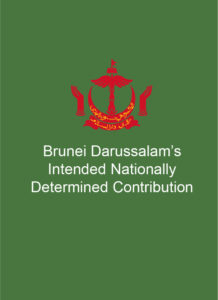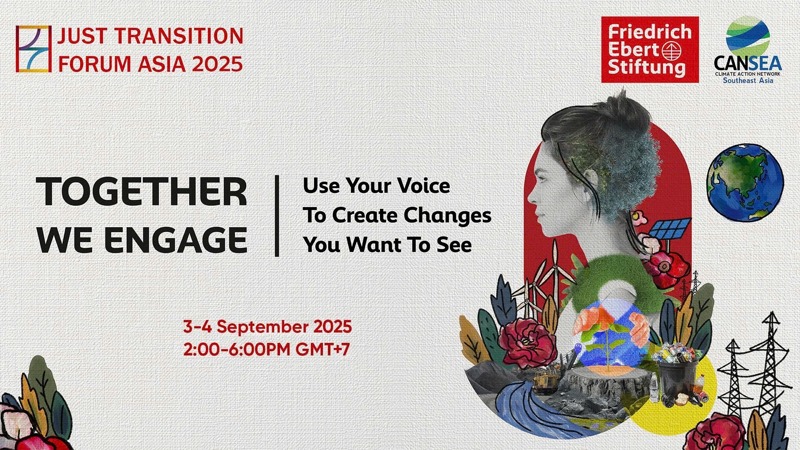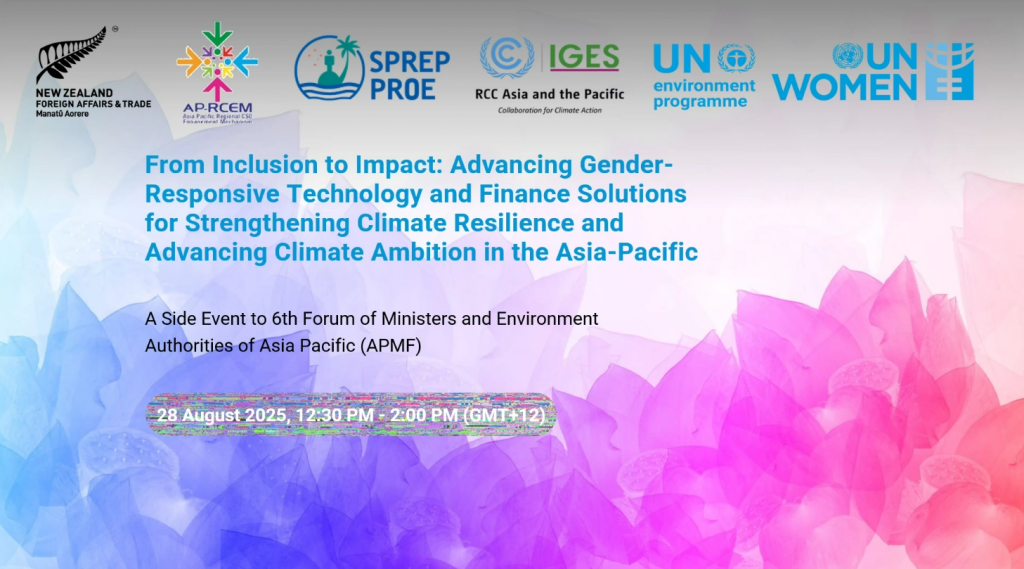State Climate Action
Brunei Darussalam will be the host of the ASEAN Centre for Climate Change, endorsed by other AMS during 17th ASEAN Ministerial Meeting on the Environment held in August 2023. Other than that, their programmes on climate action are mostly arranged on the Brunei Darussalam National Climate Change Policy (BDNCCP), outlining strategies, action plans, performance indicator (KPI), milestones and their appropriate monitoring mechanisms for climate mitigation and adaptation.
National Roadmap
In anticipation of the projected greenhouse gas emissions of their country in 2035, Brunei Darussalam made a framework called the National Climate Change and Policy document (BNCCP), with the aim of achieving a sustainable, low-carbon and climate-resilient country by 2035. The BNCCP outlines strategies, their corresponding action plans in climate change adaptation and mitigation, as well as milestones. It is a derivative of their national development plan “Wawasan Brunei 2035” (Brunei Vision 2035). However, it is important to note that the BNCCP is not time-bound.
Policies
| Topic |
Title |
Year |
Issuing Ministry |
| Energy |
Energy White Paper and Renewable Energy Target
Energy White Paper (EN) |
2014 |
Energy Department, Prime Minister’s Office |
| Energy |
Energy Efficiency (Standards and Labelling) Order
Energy Efficiency (BN) |
2021 |
Ministry of Energy |
| Energy |
Land Transport White Paper
Land Transport White Paper (EN) |
2013 |
Ministry of Transport and Infocommunications |
| Climate |
Directive on Mandatory Reporting on Greenhouse Gasses
Directive on Mandatory Reporting on GHG (BNCCC) |
2023 |
National Council on Climate Change |
| Climate |
Protokol Hijau
|
2021 |
National Council on Climate Change |
| Climate |
Brunei Darussalam National Climate Change Policy
BNCCP (BNCCC) |
2020 |
National Council on Climate Change |
 NDC Document
NDC Document
Source: UNFCCC NDC – Brunei
- Energy sector: to reduce total energy consumption by 63% by 2035 compared to a Business-As-Usual (BAU) scenario, and to increase the share of renewables so that 10% of the total power generation is sourced from renewable energy by 2035.
- Land Transport sector: to reduce carbon dioxide emissions from morning peak hour vehicle use by 40% by 2035 compared to a business-as-usual scenario.
- Forestry sector: to increase the total gazetted forest reserves to 55% of the total land area, compared to the current levels of 41%.




